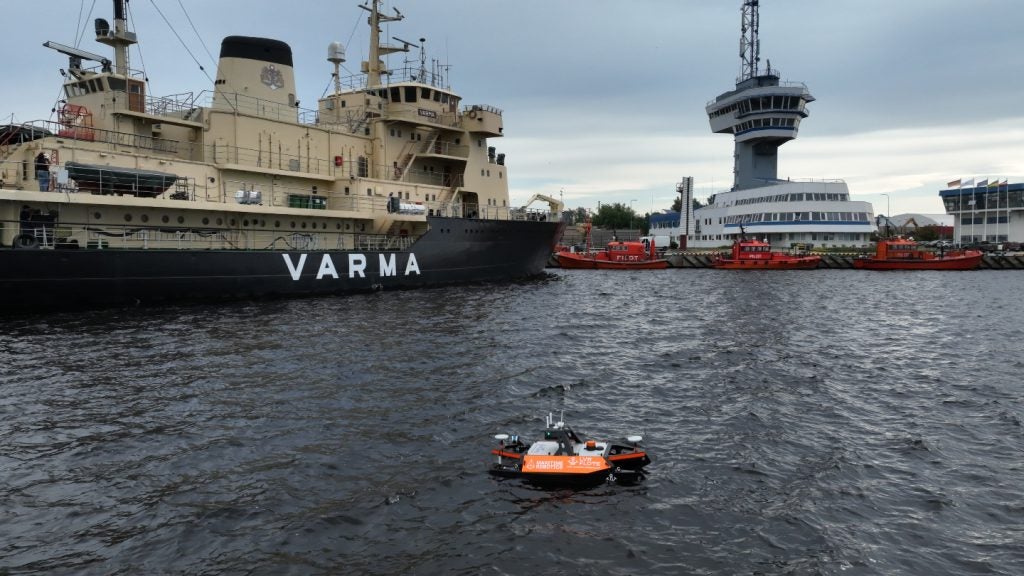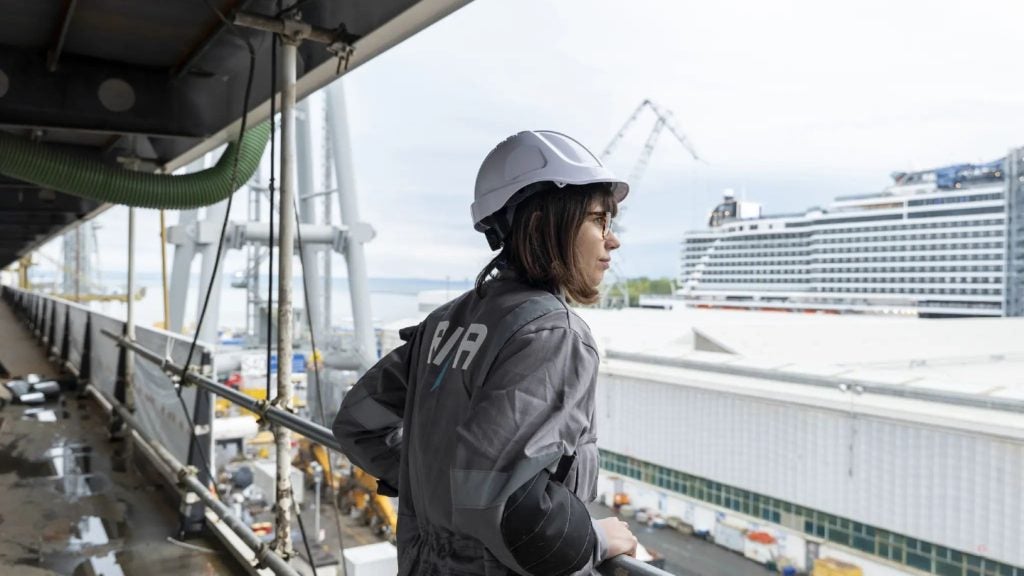Artificial intelligence (AI) involves machines that are programmed to perform tasks that are normally performed by humans. The technology has been incorporated into several industries across the world, introducing sweeping changes in the way companies operate their businesses.
The emergence of artificial intelligence as a significant technology for digital transformation has opened the gates for a wide array of applications in the shipping industry, enabling companies to boost productivity and scale up operations.
AI in shipping looks set to attract significant investment from companies in the coming years.
Discover the leading AI companies in the shipping industry
Using its experience in the sector, Ship Technology has listed some of the leading companies providing products and services related to AI.
The information provided in the download document is drafted for shipping industry executives and technology leaders involved in AI solutions.
See Also:
The download contains detailed information on suppliers and their product offerings, alongside contact details to aid purchase or hiring decisions.
Amongst the leading vendors of AI in the shipping industry are Sea Machines Robotics, Orca AI, Bedrock Ocean Exploration, Buffalo Automation, Massterly, Ladar, i4 Insight, and Ocean Infinity.
Applications of AI in the shipping industry
Decision making
Using advanced analytics and sensors with algorithms, aided by data inputs from multiple onboard systems, can assist the crew in decision-making in real-time, taking into account the surrounding environment.
Predictive maintenance
The use of machine learning algorithms can help shipowners and crew in predictive maintenance, allowing them to detect anomalies related to onboard systems and equipment before they happen and cause downtime.
Sensors can be used to monitor important factors such as temperature and weather conditions, among others, to help in accurate forecasting. If any potential problem is identified beforehand, for example in the main engine, the personnel can act and fix the issue, avoiding disruptions to operations. Predictive maintenance improves operational efficiency and reduces costs.
Navigation
Navigation is another major application area where the use of AI, leveraging sensors and cameras, can help find and track other ships in the surrounding area to avoid potential collisions and save lives.
Navigation solutions also optimise ship routing to cut costs and fuel consumption, which also helps in reducing emissions. Route optimisation models help in determining the best and most efficient route for ship navigation.
Automation
Shipping companies can incorporate AI to switch to paperless and automated processes. Automation can also be used to create digital twins to optimise port operations and management.
AI-powered autonomous intelligence technologies can be used to operate crewless vessels, which can provide savings in terms of manning ships and serve as an effective solution during pandemic situations such as Covid-19.
Emissions reduction
AI solutions can be an answer to emission reduction, allowing companies to meet their decarbonisation targets, in line with international shipping emission regulations. Stringent regulations on greenhouse gas emissions by the shipping industry are also contributing to growing interest from companies to embrace technologies and efficient systems to monitor and control the emissions of their fleet.





